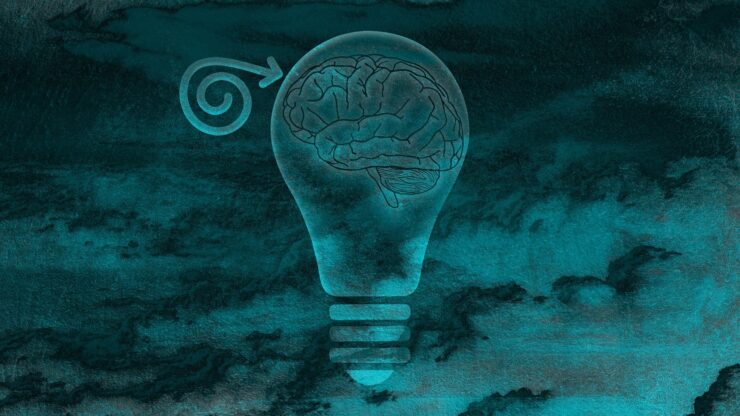Misdiagnosis of Magnesium Deficiency Symptoms
Magnesium Deficiency can lead to the development of a variety of symptoms that often people take for other medical conditions such as cardiovascular disease, diabetes, premenstrual syndrome (PMS) and menstrual pain, migraine, leg cramps during Pregnancy, attention deficit hyperactivity disorder (ADHD), asthma, fibromyalgia, neurological disorders, alopecia (hair loss), and so on… Taking drug to treat these problems will not help. In fact, they will do more harm than good.
What is Magnesium?
Magnesium deficiency symptoms occur when the body has a prolonged insufficient intake of this important mineral. To stop these abnormalities a proper amount should be taken daily, either directly from foods or supplements: 400 mg per day for men, 300 mg for women.
Functions
Magnesium is an essential mineral for proper functioning of the human organism. He participated in more than 300 metabolic reactions in the body, including restful sleep. It works closely with sodium, potassium and calcium, with which it must remain in good balance in the body for the organs to function healthily. About half magnesium of the body locates in the bones and teeth, while the rest is in the muscles, liver and soft tissues.
Magnesium contributes especially to nerve transmission and muscle relaxation after contraction, which is vital for heart and brain functions. It is essential to maintaining a regular heartbeat, lipid metabolism, as well as the regulation of blood sugar and blood pressure. By its relaxing effect on smooth muscle, dilating the vessels and normalizing nerve conduction, magnesium plays an important role in relieving pain associated with PMS, menstruation, migraines, and others. Yet, most people in the western countries are deficient in this vital mineral.
The question now is how to know if you are deficient in it?
Magnesium Deficiency Symptoms
Analysis of European and North American data indicate that magnesium dietary intake is often below the recommended nutritional dosage. While all groups affect by this deficiency, it is found in North America that African Americans and older people are the most affected. The reasons may be lifestyle, poor eating habit, and others. The problem most of those people are not aware of their situation.
Diagnosing magnesium deficiency symptoms is challenging the fact that the exact amount in the body is difficult to measure, even by blood test. Another impediment is the fact it does not cause obvious symptoms. You may experience magnesium deficiency symptoms for years without knowing it. In fact, some people take powerful drugs, undergoing major therapy to fight against these symptoms problems without ever find a solution. Instead, they worsen their situation due to the side effects of these medications and complications of the therapeutic procedures.
While it is not possible to enumerate the complete list signs and symptoms of low magnesium levels in the body, a lack of the mineral may nevertheless be manifested by these various disorders:
[row][double_paragraph]
- Anxiety
- Depression
- Sleep problem (Insomnia)
- Calcium deficiency
- Poor heart health
- Weakness
- Muscle cramps
- Tremors
- Nausea
- High blood pressure
[/double_paragraph][double_paragraph]
- Type II diabetes
- Dyspnoea (difficulty breathing)
- Dizziness
- Fatigue
- Potassium deficiency
- Difficulty swallowing
- Poor memory
- Confusion
- Chest tightness
- Headache.
Magnesium deficiency symptoms may also cause muscle spasms, contractures, and back pain. In addition, some scientists believe a chronic deficit can also cause cardiovascular complications and or diabetes. When people experience these warning signs they tend to take drugs, making the situation even worse; avoid that mistake. The solution is simple; increase your intake by taking supplement or eating foods rich in it (please see Sources of Magnesium).
Continue to Causes and Simple Treatment



